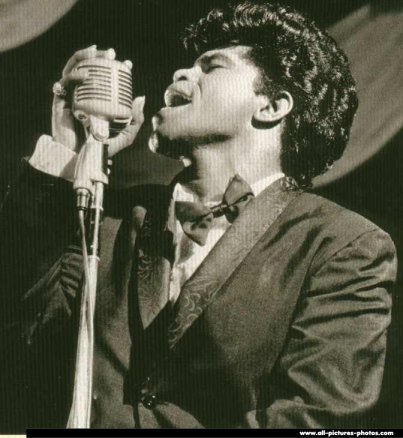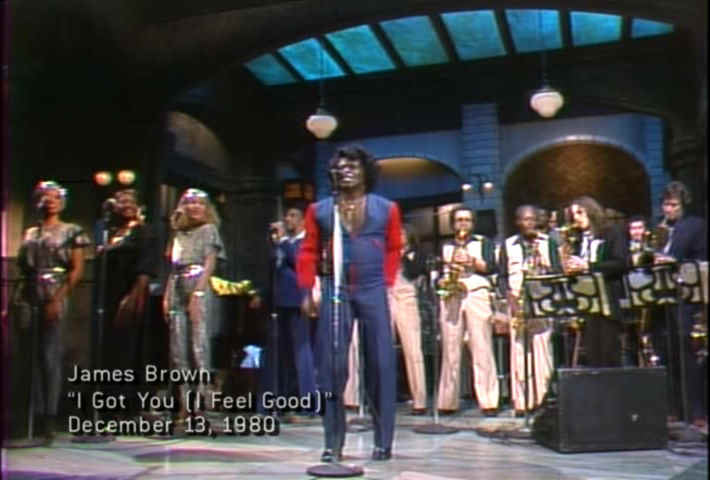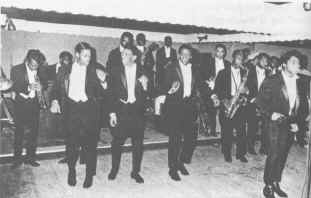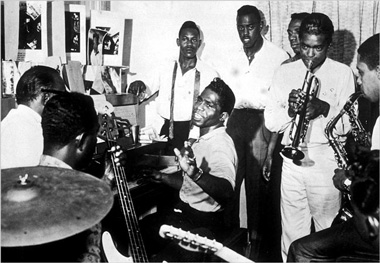Shogun
Free: Mudholes Stomped
- Jan 8, 2007
- 30,530
- 2,267
- 1,045
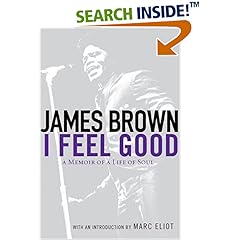
Recently, I've been in a biography mood when picking out books to read. This summer I re-read Henry Rollins's "Get In The Van" and "The Trials of Lenny Bruce" and couldn't wait to read the new Eric Clapton biography. Specifically, I was looking for candid insight to the whole George Harrison - Patty Boyd - Eric Clapton triangle which led to the Layla Sessions. To be honest, Clapton's book left me wanting more than it delivered. It reminded me of Survey classes in college where topics are brushed upon with no real deep insight. You might as well not bother reading the last three chapters since the book eventually becomes Clapton's 12-step offering. I guess such is valuable insight when considering the entire life span of an amazing guitarist and the repercussions of his lifestyle but I had to force myself not to set the book aside and grab something else.
That something else turned out to be I Feel Good by James Brown and Marc Eliot (who is also involved with a host of other biography-type books including Sprinsteen and Barry White). I won't give a step by step synopsis of the book but it does have some worthwhile parts. I've always found it fascinating to read about an artists personal life and childhood. It breaks the facade of the product being sold to the consumer. One thing can be said about James Brown: He earned his reputation as the Hardest Working man in show business.
Everyone remembers the infamous mugshot. Everyone remembers the pcp fueled shotgun incident. I was never aware, however, of just how conservative was Brown's perspective despite an audience using his music as a soundtrack in rebellion against a society held firmly in the throws of racial unrest. Indeed, Brown's life serves as a shining example of how hard work pays off in America despite social resistance based on ethnic barriers. James did not rely on a handout. He recognized the game he was playing and made a concious effort to play the game better rather than roll over and lose. Winning and losing, James Brown's life story is a lesson on what it means to be an American. some of his own people eventually saw him as an Uncle Tom yet he had the wisdom to ask the viewers to "build, not burn" during his televised concert the night that MLK was killed. He bought a line of radio stations, including one that he used to shine shoes at as a young boy, in order to build self esteem for the black community by playing R&B on shows with white AND black artists. He was tenacious about entertaining US troops in Vietnam even when it seemed such an opportunity was not open to a black man. In fact, Bob Hope and Republican politicians played an integral part in making his trip happen. In all, James Brown was a human being that knew the ups and downs of life but he is unquestionably the Godfather of Soul AND a fine example of a Proud American.
Skip the Clapton book and try this one. Especially true for my Righty comrades. You'll enjoy it.
****
four stars.
